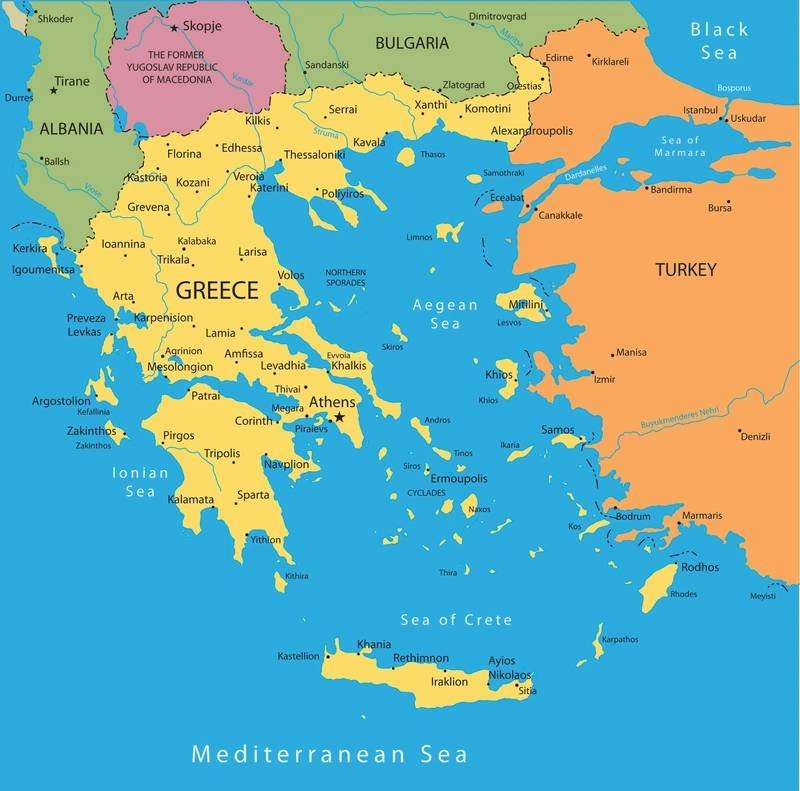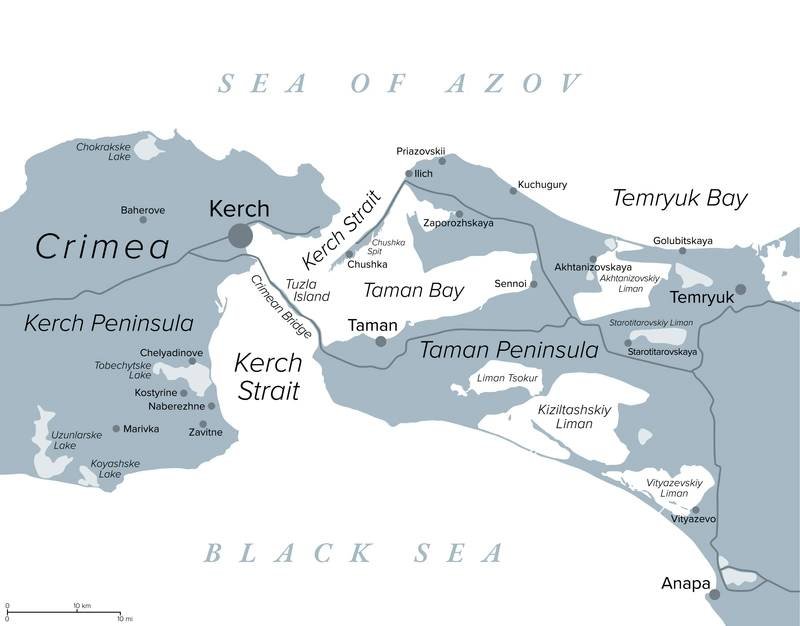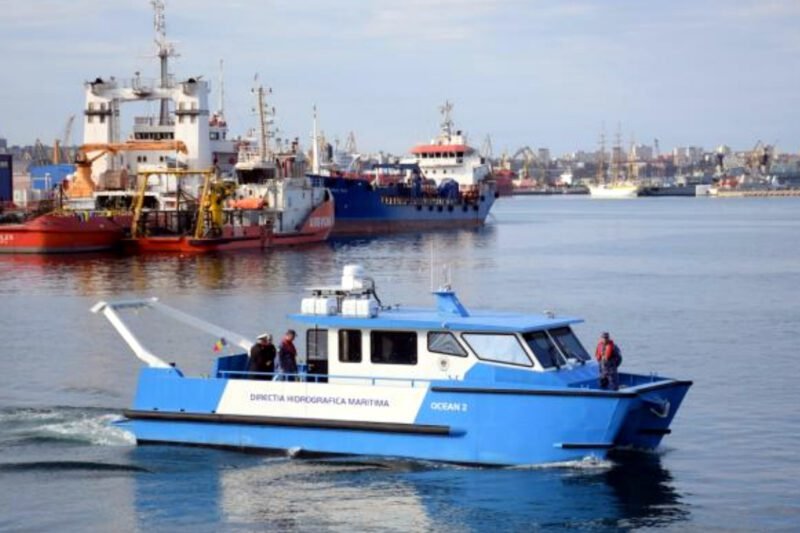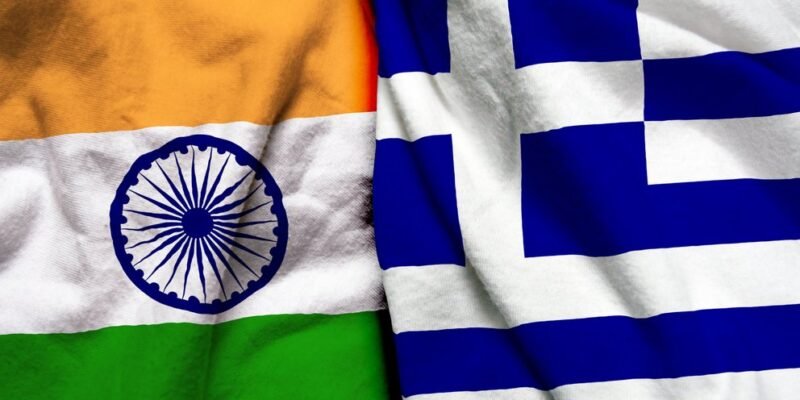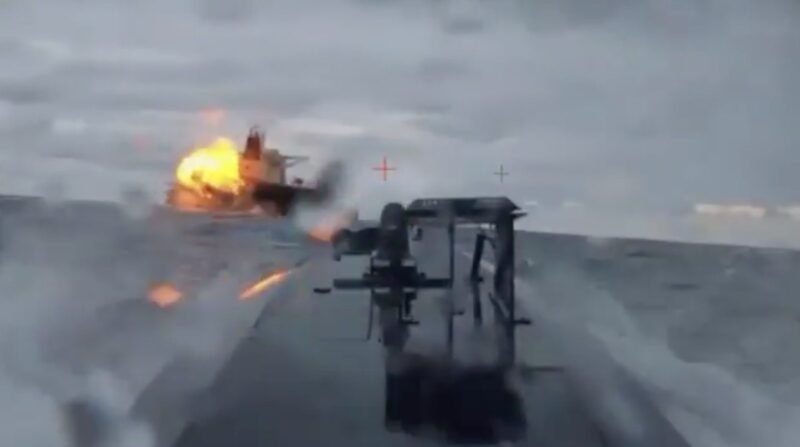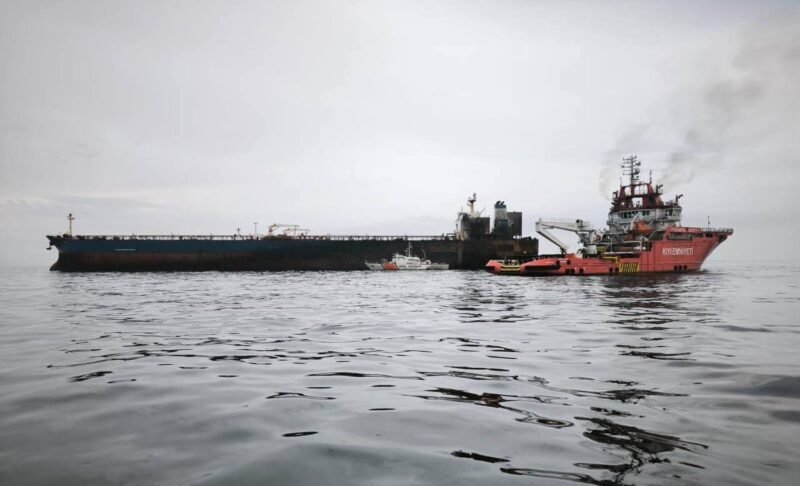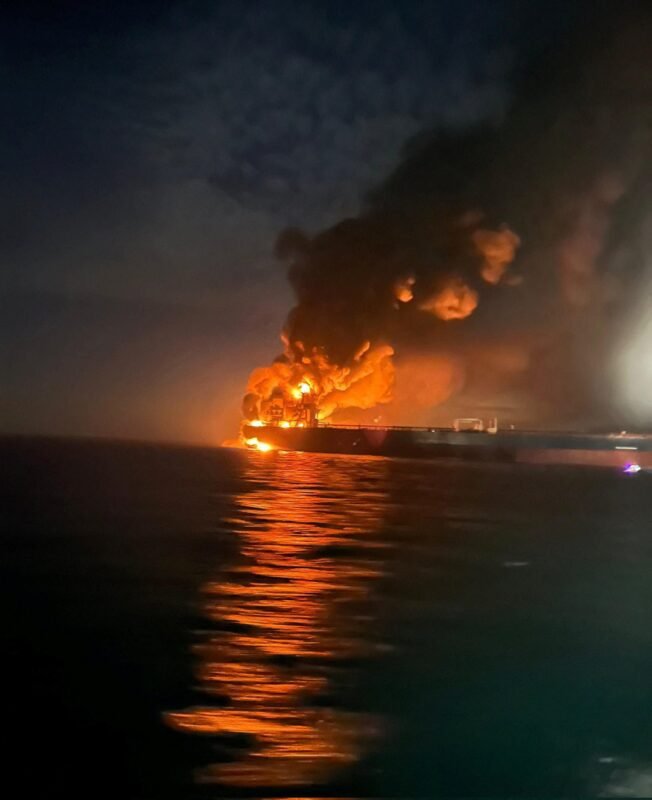Greece actively engages in the Interreg Black Sea Basin Programme, an EU initiative promoting regional cooperation, leveraging its maritime expertise. The country is pivotal in marine spatial planning, environmental protection, and mapping, solidifying its role as a crucial partner in the Black Sea region. The Aristotle University of Thessaloniki (AUTH) maintains strong connections with this area, bolstered by its historical ties to neighboring countries like Bulgaria and Romania, as well as significant migration flows over the past century.
One prominent initiative is the MARMAPS project, funded by the Interreg Black Sea Programme, which aims to be completed by the end of 2025. Led by Professor Antonios Mazaris from AUTH’s Department of Biology, this project collaborates with four partners, including the Ukrainian Environmental Service and a Romanian NGO, coordinated by the Black Sea NGO Network in Varna, Bulgaria. MARMAPS seeks to create an open portfolio of information resources to enhance marine spatial planning in line with the Convention on Biological Diversity and the EU’s biodiversity strategy.
Another significant project is Response, coordinated by AUTH in collaboration with institutions from Greece, Bulgaria, Romania, Ukraine, and Georgia. This initiative addresses marine pollution, particularly related to armed conflicts, which is especially pertinent due to the ongoing war in Ukraine. Professor Mazaris highlights that one of Response’s key outcomes will be a tool for various stakeholders, including government entities and educational institutions, to develop programs focused on marine pollution issues. The project will also provide resources such as monitoring manuals and citizen science guidelines to ensure structured and reliable data collection across the region.







